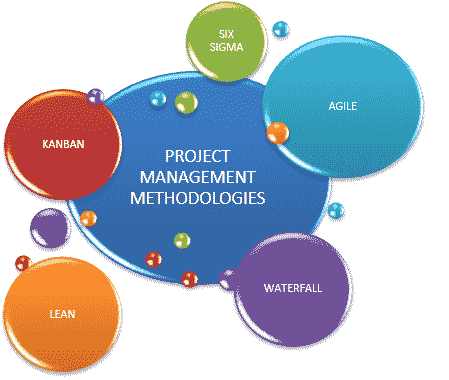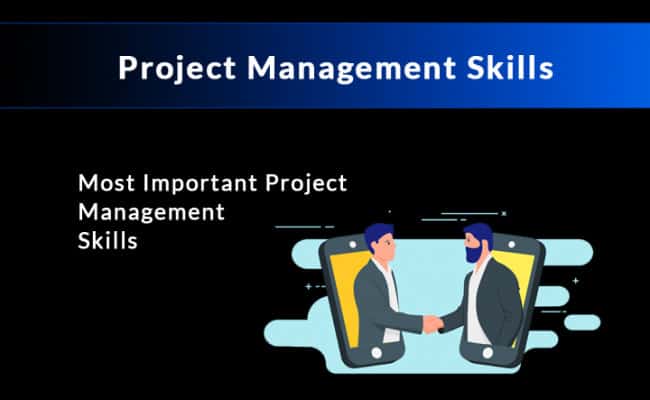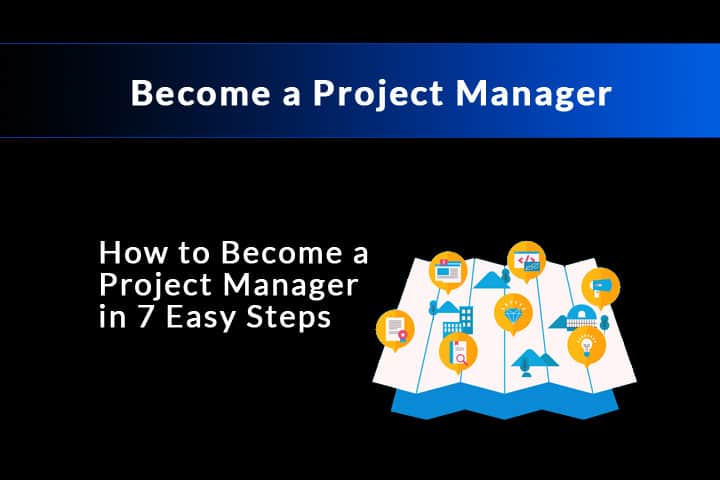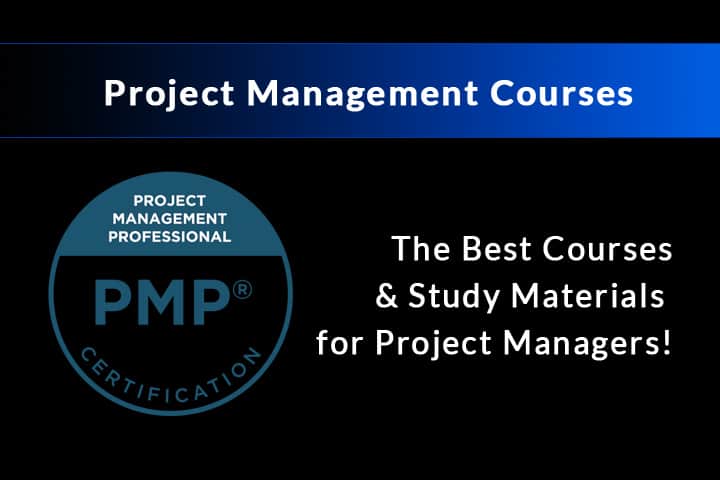Whether you are already in project management or are looking into that career pathway, you should always be looking for ways to brush up on your skill set.
Project management is complex and requires a huge set of proficiencies that come with experience, time and studying.
Here are 6 Most Important Project Management Skills to get you Started:
1. Communication

If you are not good at responding to e-mails, giving and receiving feedback or just communicating in general, then project management isn’t for you.
The key to any successful project is communication, and clear communication at that. Your stakeholders and team members will need to be clear on goals, expectations, and project updates along the way.
However, don’t think about communication as just verbal, there are several forms of communication including; listening, open mindedness, feedback, and non-verbal communication.
Doing a little “communication styles” research will make you more aware of your overall communication, body language and how you could improve.
Brushing up on your communication skills so that you can be clear, concise and concrete will definitely benefit you and your project management capabilities.
2. Leadership

One of the most important roles of project management is leadership. Leadership doesn’t mean you are just standing around barking orders and expecting things to get done. Leadership means that you are supporting, motivating, empowering, and helping your team reach success.
Work on your confidence, ability to delegate and communicate tasks, and find ways to bring out the creativity in yourself and others. You need to be able to not only lead, but manage a team as well.
You need to be able to inspire others, set a vision and lead effectively.
3. Organization

Project managers are usually juggling a multitude of different tasks. Projects usually have a clear start and end date as well as specific requirements or milestones that need to be met along the way.
Project managers need to find an organized way to store project information and be able to share it with their team or stakeholders when needed, without having to dig through an unorganized mess of papers, e-mails, and documents to find it.
Luckily, there are many project management software’s to help you stay organized and on top of your game.
Familiarize yourself with some of these software’s and if your organization does not have one, find other ways to stay organized and on top of your game.
4. Negotiation

As a project manager there will be many a time when you need to negotiate your way through an issue with your team to resolve conflicts and find a win-win scenario for everyone.
According to the Association for Project Management, “Formal negotiations are typically with providers on such issues as agreeing contracts. Informal negotiations include discussions to resolve conflict, or discussions to obtain internal resources.”
No matter how happy-go-lucky your team or stakeholders may be, there will always be a time when negotiations need to be made.
Some important keys to being a Good Negotiator include:
- Keep your cool – when two parties don’t agree on something, it may be easy to lose their cool. Always keep your cool and be respectful. When a conversation gets heated, one party will most likely shut down and negotiations will end.
- Meet in the Middle Mentality – rather than trying to “win”, look for a middle ground that is mutually beneficial for both teams. Rather than focusing on winning, focus on being fair and reasonable.
- Bring in a Neutral Party – if you have been trying to negotiate and the other party doesn’t want to budge, bring in a neutral third party such as HR or another appropriate third party that can help facilitate the discussion and offer an outside perspective.
- Listen Actively – Resist the urge to think about what you are going to say next while the counterpart is talking. Listen actively so that you fully understand their side and can offer good negotiating points. Paraphrase what you believe was said to check your understanding.People feel respected when they are heard and acknowledge and are more likely to be open to new ideas and change when they feel safe and respected.
5. Coaching & Mentoring

Coaching is goal and solution focused, two very important parts of project management. As a project manager you take on the responsibility of coaching your team to not only benefit the organization, but the individual as well.
If a team member makes a mistake, you want to coach them to success by seeing what areas they need specific help in. Set goals with your team members and focus on solutions to help them meet those goals.
6. Methodology

You can’t play a board game without first reading and understanding the rules and method to winning. The same goes for project management. In order to really understand the methodology and practices of project management, you need to do some learning.
Whether you do some online research or enroll in some project management courses, doing a little bit of learning and studying will make you a more well rounded and skilled project manager.
From Scrum, Kanban, Lean and more, learning the terminology and what each method entails will put you ahead of the curve and make you a more valuable project manager.
You may even consider taking your PMP certification!



